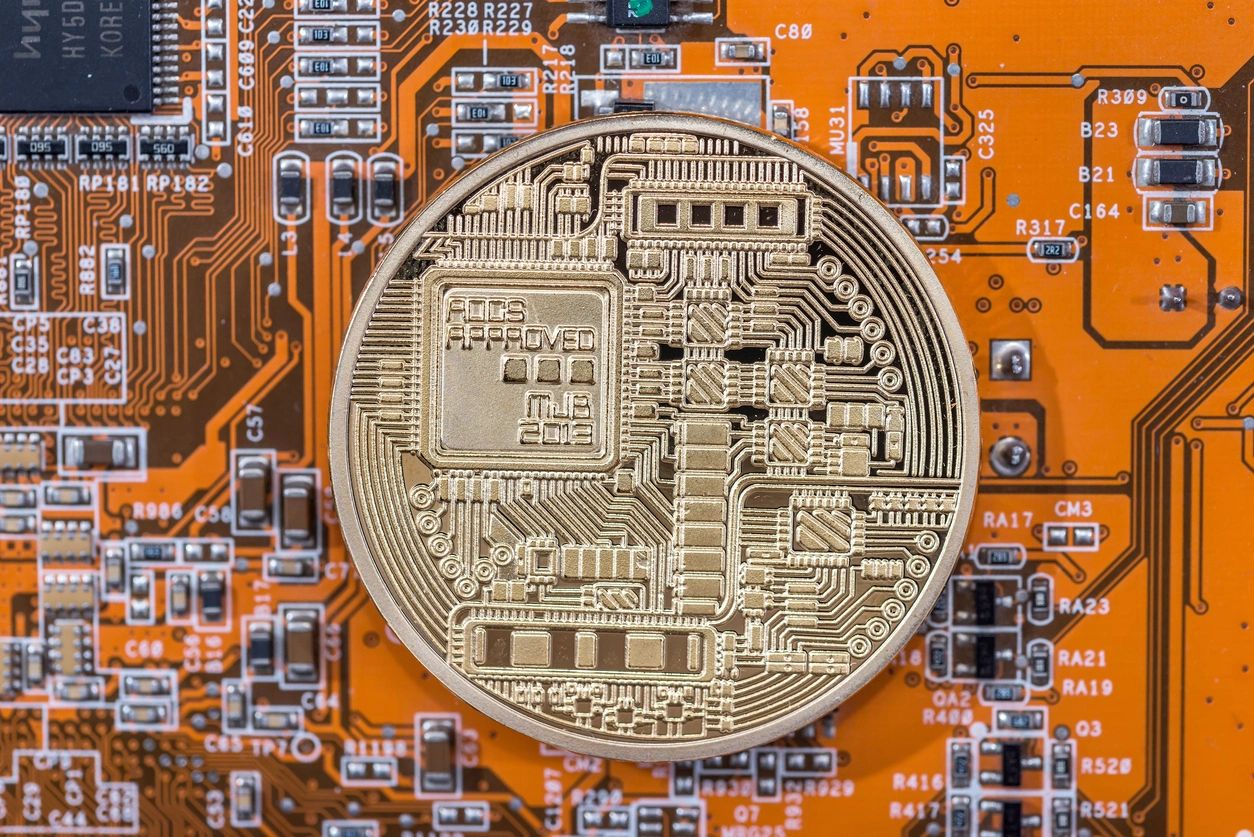
Crypto Projects to Watch: Real Estate Tokenization – Transforming Property Investment
The real estate industry has long been known for its high barriers to entry, slow transactions, and reliance on intermediaries. Blockchain technology is changing this by enabling real estate tokenization, allowing properties to be divided into digital assets that can be bought, sold, and traded seamlessly.
Several crypto projects are leading the charge in real estate tokenization, leveraging blockchain to create a more transparent and efficient property market. Let’s take a look at the key players, including Hedera (HBAR), XRP Ledger, and others, as well as the risks involved in this emerging space.
How Real Estate Tokenization Works
Real estate tokenization involves converting ownership rights of a property into blockchain-based tokens. These tokens can be:
- Fractionalized, meaning investors can buy small portions of a property
- Traded on secondary markets, improving liquidity
- Stored on a blockchain, ensuring transparency and security
- Accessible globally, allowing investors from anywhere to participate
With blockchain, real estate investment becomes faster, cheaper, and more efficient compared to traditional methods.
Top Crypto Projects in Real Estate Tokenization
1. Hedera Hashgraph (HBAR) – Enterprise-Grade Tokenization
Hedera Hashgraph is one of the most promising blockchain platforms for real estate tokenization due to its high-speed, low-cost, and secure infrastructure.
Why HBAR for Real Estate?
- Fast transactions – Hedera can handle 10,000+ TPS with near-instant finality
- Low fees – A fraction of a cent per transaction, making token transfers cost-effective
- Enterprise adoption – Major institutions like Avery Dennison, Google, and Standard Bank already use Hedera’s network
- Sustainability – Energy-efficient consensus mechanism
Example Use Case:
Hedera’s Token Service (HTS) allows real estate firms to tokenize properties, enabling fractional ownership and seamless property transfers on-chain.
2. XRP Ledger (XRP) – Real Estate Payments & Settlements
XRP Ledger (XRPL) is another strong player in the real estate tokenization space, offering fast and efficient cross-border payments that can be used in real estate transactions.
Why XRP for Real Estate?
- Instant, low-cost payments – Transactions settle in 3-5 seconds with fees under $0.01
- Interoperability – XRPL supports smart contracts and tokenized assets
- Regulatory focus – Ripple is working on compliant tokenization solutions
Example Use Case:
Real estate firms can use XRPL for international property transactions, allowing buyers and sellers to transfer funds instantly without needing traditional banks.
3. Propy (PRO) – NFT-Based Real Estate Ownership
Propy is an Ethereum-based real estate platform that enables users to buy and sell properties using NFTs (Non-Fungible Tokens).
Why Propy for Real Estate?
- NFT-based property ownership – Homes can be bought/sold as digital tokens
- Smart contract automation – Reduces paperwork and legal costs
- Real-world adoption – Properties have already been sold as NFTs via Propy
Example Use Case:
A Miami property was sold using Propy’s blockchain platform, showing how NFTs can revolutionize real estate transactions.
Risks of Real Estate Tokenization
While real estate tokenization has significant potential, it also comes with several risks that investors should consider.
1. Regulatory Uncertainty
Tokenized real estate is still a gray area in many jurisdictions. Governments may introduce new regulations that impact how these digital assets are issued, traded, or taxed.
2. Market Liquidity Issues
While tokenization improves liquidity, secondary markets for real estate tokens are still in their early stages. Selling a tokenized property share may not always be as easy as selling traditional crypto assets.
3. Smart Contract Risks
Blockchain relies on smart contracts, which can be vulnerable to hacks, bugs, or exploits. If a contract is poorly written, it could lead to financial losses for investors.
4. Centralization Risks
Some real estate tokenization platforms are still partially centralized, meaning they rely on companies or legal structures that could introduce risks like fraud, mismanagement, or legal disputes.
5. Lack of Consumer Protection
Unlike traditional real estate investments, tokenized real estate may not be covered by standard consumer protections, increasing the risk of fraud or asset disputes.
The Future of Real Estate Tokenization
The tokenization of real estate is still in its early stages, but the potential is massive. With blockchain, real estate investment is becoming:
- More accessible – Anyone can invest, even with small amounts
- More liquid – Sell your tokens anytime instead of waiting months for a buyer
- More transparent – No hidden fees, middlemen, or fraud risks
Projects like Hedera (HBAR), XRP Ledger, Propy, RealT, and Landshare are paving the way for a new era of real estate investing.
Learn More at FutureFinanceLab.com
If you want to stay ahead of the curve and understand how crypto, DeFi, and tokenization are shaping the future of finance, check out FutureFinanceLab.com.
- Get insights on blockchain, investing, and financial innovation
- Explore the latest trends in tokenized assets
- Stay informed about new crypto opportunities
The future of real estate is on the blockchain—are you ready?
- $4.9 Trillion Lost: What the 2025 Market Drop Means—and What’s Next for Investors (Including Bitcoin)
- Emerging Market Opportunities in 2025 & Beyond 🚀
- AI-Driven Investment Strategies for 2025: Bitcoin & Stock Market 🚀
- How Tokenized Stocks & Bonds Are Reshaping Finance
- 10 Crypto Terms Everyone Should Know (Simplified for Everyone)












